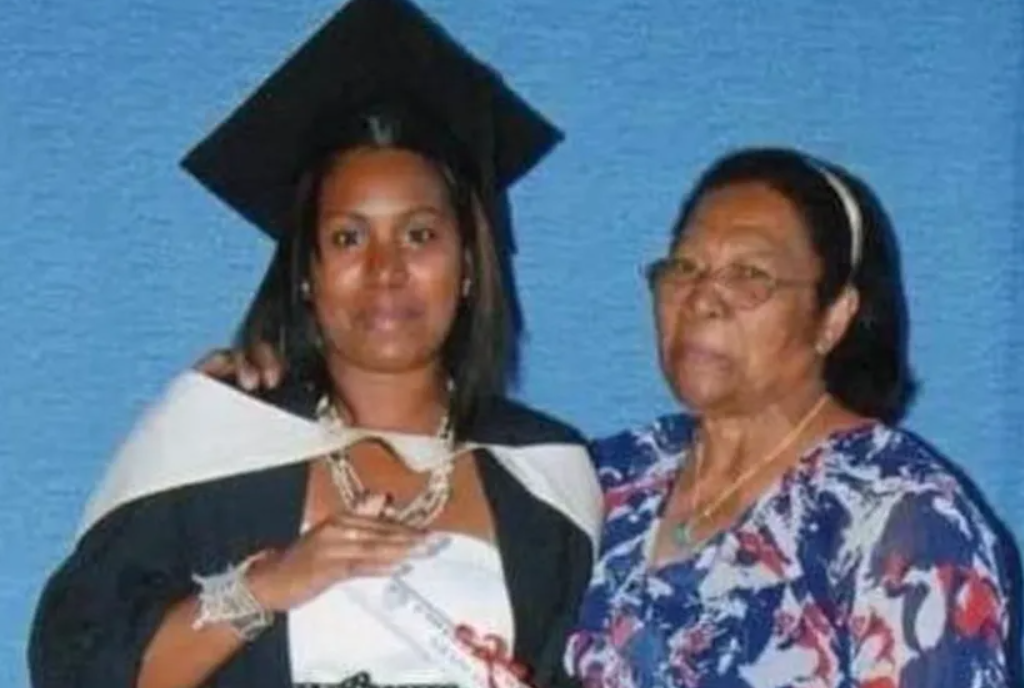An isolated and strategically significant archipelago in the Indian Ocean, the sovereignty of the Chagos Islands has been a topic of international discussion. After decades of British sovereignty, the islands are now under Mauritius’s jurisdiction, according to a major decision by the UK government. However, the indigenous Chagossians have voiced their disapproval of this accord, claiming that they were not involved in the negotiating process. Although others see this transfer as a much-needed correction of past injustices, a large portion of the Chagossian population feels abandoned and tricked.
Examining the viewpoints of the Chagossians, the consequences of the transfer, and the continuing demands for their participation in the decision-making process, this essay delves into the intricate dynamics underlying the sovereignty transaction of the Chagos Islands.
A Region of Great Historical and Strategic Importance: The Chagos Islands
A group of strategically placed islands in the Indian Ocean, the Chagos Islands are officially the British Indian Ocean Territory (BIOT). Diego Garcia, one of the biggest islands, has been a US-UK military facility since the middle of the twentieth century and is still an important location for military activities around the world.
There has been much debate about the Chagos Islands’ past. To make room for military facilities, the UK government forcibly relocated over a thousand islanders from their homes in the 1960s and 1970s. The plight of these uprooted Chagossians, who were forcibly removed from their homeland decades ago, highlights the enduring effects of colonialism.
The United Kingdom’s assertion of sovereignty over the Chagos Islands has encountered growing diplomatic resistance as of late. In 2019, the UK’s control of the islands was declared “unlawful” by the International Court of Justice (ICJ), which meant that the land should go back to Mauritius. This decision has increased global pressure on the UK to cede control of the area, which ultimately led to the present sovereignty transfer agreement.
The Sovereignty Transfer: The Exclusion of Chagossian Opinions
Mauritius has agreed to become the new sovereign of the Chagos Islands, which is a major change in global politics. While this is happening, many Chagossians feel left out. The exclusion of indigenous peoples with island ancestry from the negotiations has been a source of ongoing aggravation for them.
A Chagossian woman whose family was uprooted from the islands, Pascalina Nellan, characterized the UK government’s action as a “backstabbing” ploy. She is among several who have expressed worry that the Chagossians are not being sufficiently consulted when decisions on the islands are being made by the UK and Mauritius.
Since relocating to the United Kingdom two years ago, Nellan has been a vocal supporter of the Chagossian people’s right to participate in policymaking. She claims that the community’s right to self-determination has been violated because they are no longer given the option to choose between being British or Mauritian citizens.
A Tale of Chagossians’ Anger and Deception
Many Chagossians are very hurt and feel betrayed. The indigenous community’s exclusion from the negotiations angered and disappointed Frankie Bontemps, a second-generation Chagossian residing in the UK. According to him, the Chagossians should have been fully involved in the process of forging the treaty between the UK and Mauritius as they have been left “powerless and voiceless” to shape their own future.
The head of the Chagos Islanders Movement, Isabelle Charlot, also expressed her displeasure. She was happy about the possibility of going back to the islands, but she was unhappy with how the negotiations were handled because of how secretive they were. Concerning matters pertaining to their homeland, legacy, and destiny, Charlot emphasized that the Chagossian community ought to have been engaged.
There is a widespread belief among Chagossian people that political expediency has ignored their rights as indigenous people. Their feelings of isolation have been exacerbated by the fact that they were not included in these crucial conversations.
Diego Garcia, the Settlement, and Its Consequences
A relocation scheme on the Chagos Islands can be initiated by Mauritius under the provisions of the agreement. There is a possibility to extend the joint military sovereignty over the island of Diego Garcia, which is home to the vital US-UK military station, for at least another 99 years. There are doubts regarding the actual number of Chagossians returning to their homeland due to Diego Garcia’s exclusion from the resettlement scheme.
Many Chagossians are still sceptical about the possibility of resettlement, however some, like trainee social worker Steeve Bancal, have voiced optimism. The island is important to Bancal since he and his mother are descendants of evacuees from Diego Garcia. The lack of openness in the negotiations, he said, was a major problem, and he claimed that decisions were taken “behind closed doors” without consulting the Chagossian population.
Conclusion: A Watershed Agreement in the Face of Persistent Worries
After more than fifty years of British rule, the sovereignty transfer of the Chagos Islands marked a watershed moment in world diplomacy. Nevertheless, this settlement is nevertheless bittersweet for the Chagossian community. Even if the deal makes amends for wrongs done in the past, many Chagossians still feel ignored and uninvolved in the talks that will decide their fate.













